Hey, everyone!
I often get asked what fats and oils I like to use at home when I’m cooking. Fat is one of the most important ingredients in cooking, and it’s one of the few things (along with salt) that you’ll use almost every time you cook. Fats serve a functional role, but they also provide flavor and nutrients. And now that cheap and toxic vegetable/seed oils have penetrated nearly all restaurant and packaged food, it’s even more important to seek out and use high-quality oils at home.
This guide covers which oils I use, how I use them, and which brands I recommend.
As always, let me know if you have any questions!
Myles
Oil Selection
If you read this newsletter regularly, you’ll know that I often preach kitchen minimalism. I think it’s important not to over-complicate things, and that applies in the pantry as well.
In general, I think everyone should keep two types of oil on hand— good extra virgin olive oil for general-purpose use, and then one additional high-heat oil for searing and frying. If you’re feeling fancy, you can keep two types of olive oil— one for cooking and then an extra high-quality oil for drizzling/finishing.
95% of the time, my kitchen has a high-quality finishing olive oil, an olive oil for cooking, either beef tallow or ghee for high-heat cooking, and butter. That’s it.
People often ask me which oils to use for specific dishes, techniques, or cuisines. But the truth is that these things are highly versatile and there are no set rules. You could cook most things most ways with any of these good oils and be okay.
There are a few general rules of thumb I mostly follow:
Use beef tallow when you're cooking with high heat or frying and want a rich, unctuous flavor that's pretty neutral.
Use ghee for high-heat cooking when you want a slightly buttery flavor.
Use olive oil for low to high heat cooking when you want a mild vegetal flavor.
Use butter for low to medium heat cooking when you want a rich, creamy flavor.
If you’re following a recipe and that recipe calls for vegetable oil, you can always replace it with one of the oils listed below.
If you're stuck, a good heuristic is to think about the ancestral oils that would have been used where the dish originated.
Mediterranean: olive oil
Tropics: coconut or palm oil
Latin America: animal fats, coconut oil
North Europe: butter + animal fat
Southeast Asia: ghee, coconut, animal fats
When in doubt, I usually default to olive oil or beef tallow— almost anything can be cooked with those.
Now, onto some specifics.
Extra Virgin Olive Oil
Olive oil is the most used oil in my home kitchen.
When you’re shopping for olive oil, there are a few key things to look for.
Always buy extra virgin olive oil. That’s the bare minimum bar for quality. Avoid refined olive oil, virgin olive oil, or “light” olive oil.
Try to buy organic olive oil, if possible. Olive trees soak up whatever is in the soil, and those compounds (which are often fat-soluble) end up in the final product. If the olive trees are sprayed with a bunch of pesticides, that can be a problem. Buying organic whenever possible is the best way to avoid this.
Buy olive oil that has a harvest date listed on the bottle. Olive oil is a fresh product, and it does not get better with age. Aim to buy fresh oil that was harvested and bottled within the last year.
Buy olive oil in dark glass bottles, unless you’re getting something really fresh. Olive oil degrades with heat and light, and dark bottles protect against that. And glass is a much safer option than plastic.
Finally, it’s worth noting that there’s a common myth that you can’t cook with olive oil over high heat. It’s not true. Olive oil’s smoke point is actually quite high— higher than the temperature you’d even use to deep fry. In fact, I love frying things in olive oil, and I often sear, sautee, and pan fry with it. Good olive oil is full of antioxidants, which help protect the oil from oxidizing when it’s heated. So if you buy good oil, it’s totally safe to cook with high heat.
How I use it: dressings and sauces, roasting vegetables, frying eggs, drizzling over finished dishes, infusions, pan frying
My recs: Zimm’s Organics, Palloncino, Kosterina, Bona Fortuna
Beef Tallow
I love beef tallow, and I consider it one of the most underrated cooking oils out there. I think that it’s starting to gain more popularity, but I still encounter people pretty often who have never cooked with it.
Beef tallow is somewhat neutral in flavor (though it adds a nice hearty richness to whatever cooks in it), it’s quite nutrient-dense, versatile, and works amazingly well for high-heat cooking. It’s great for searing things, but it’s also my preferred oil for any kind of deep frying.
Seek out beef tallow from grass-fed and grass-finished cows. There are a few good brands that are widely available, and you can also usually find good stuff at a local farmer’s market or butcher.
How I use it: searing meats, deep frying/pan frying, flour tortillas, roasting potatoes, roasting vegetables, pie crusts
My recs: Epic Brand, Fatworks, White Oak Pastures
Ghee
I often switch between tallow and ghee as my high-heat cooking option. I love both. Ghee is clarified butter, which means butter that’s had the milk solids strained out, leaving just the oils. This means that it can take much higher heat than butter can (since there are no milk solids to burn). It’s got a nice buttery, somewhat neutral flavor that’s very versatile.
Again, look for something that comes from grass-fed cows.
How I use it: searing meats, cooking eggs, pan frying, stir frying, sauteing
My recs: 4th & Heart, Ancient Organics
Avocado Oil
Avocado oil is another option that’s great for high-heat cooking. Fresh-pressed avocado oil is dark green, has a really strong flavor, and doesn’t respond well to high heat. Refined avocado oil, however, is a largely neutral oil that can withstand very high heat (including temperatures needed for deep frying).
The one issue with avocado oil is that there are widespread problems within the industry, leading to a lot of outright fraud (rancid oils, or avocado oil being mixed with other low-quality oils). Make sure you’re getting it from a very high-quality source like Chosen Foods.
How I use it: searing meats, deep frying/pan frying, dressings and sauces, mayonnaise and other emulsions
My rec: Chosen Foods
Coconut Oil
Coconut oil is delicious and versatile, but it imparts a very strong coconut flavor. I tend to only use it when I’m really seeking out that flavor. Which means I’m usually cooking Southeast Asian, Caribbean, or Latin American food.
How I use it: curries, soups and stews, pan frying/deep frying (it’s great for plantains or potatoes)
My rec: Dr. Bronner’s
Other Animal Fats
While beef tallow is my animal fat of choice, I also occasionally use duck fat or pork fat (aka lard). Both are delicious, rich, unctuous, and great for any kind of high-heat cooking due to their natural stability.
How I use it: pan frying/deep frying, searing, roasting vegetables, making confit
My recs: Epic Brand, Fatworks
Butter
My kitchen would not be complete without butter. It’s rich, delicious, and so versatile. I always keep high-quality, grass-fed butter in my fridge for all kinds of uses.
How I use it: sauteing, cooking eggs, pan sauces, basting meats, making a roux, caramelizing onions, making compound (flavored) butters
My recs: find the best grass-fed, grass-finished butter that you can locally






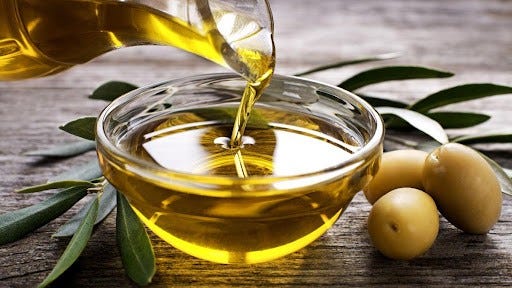
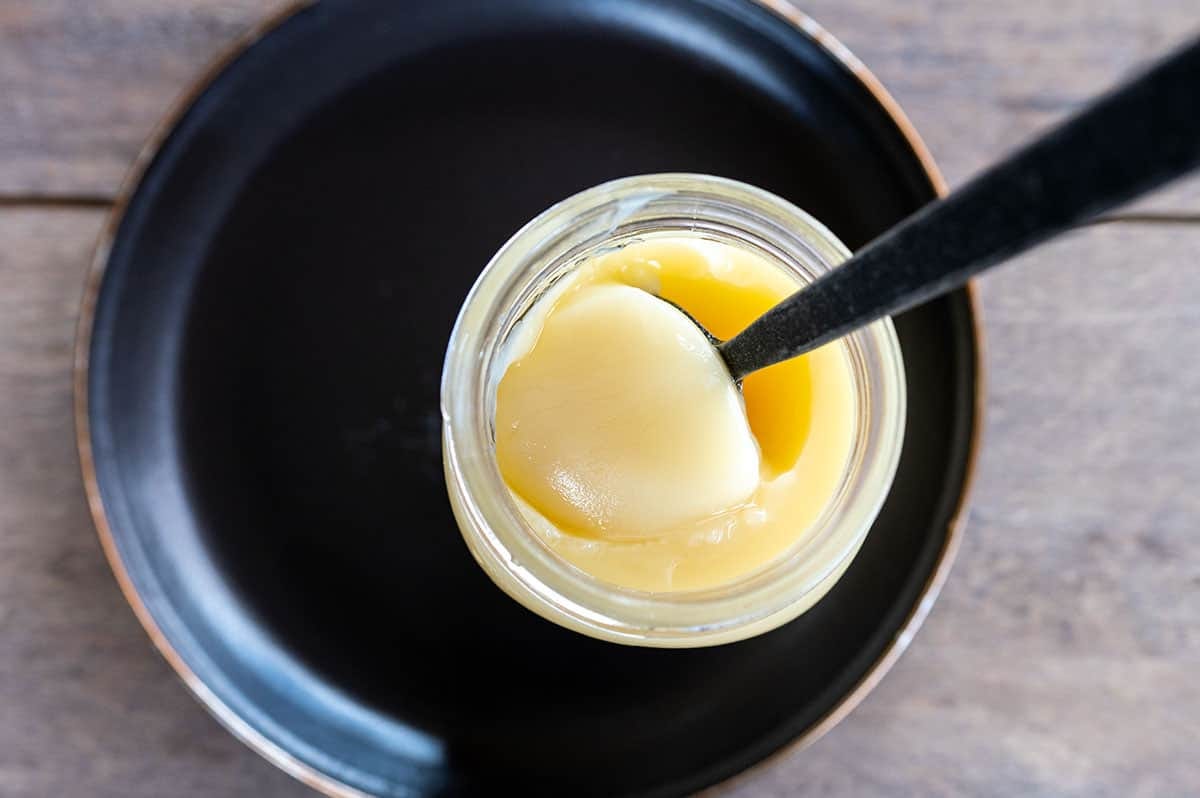
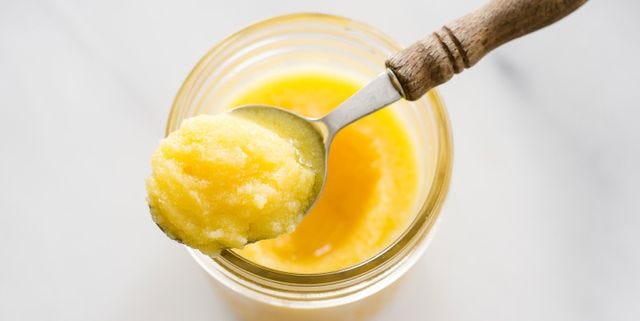

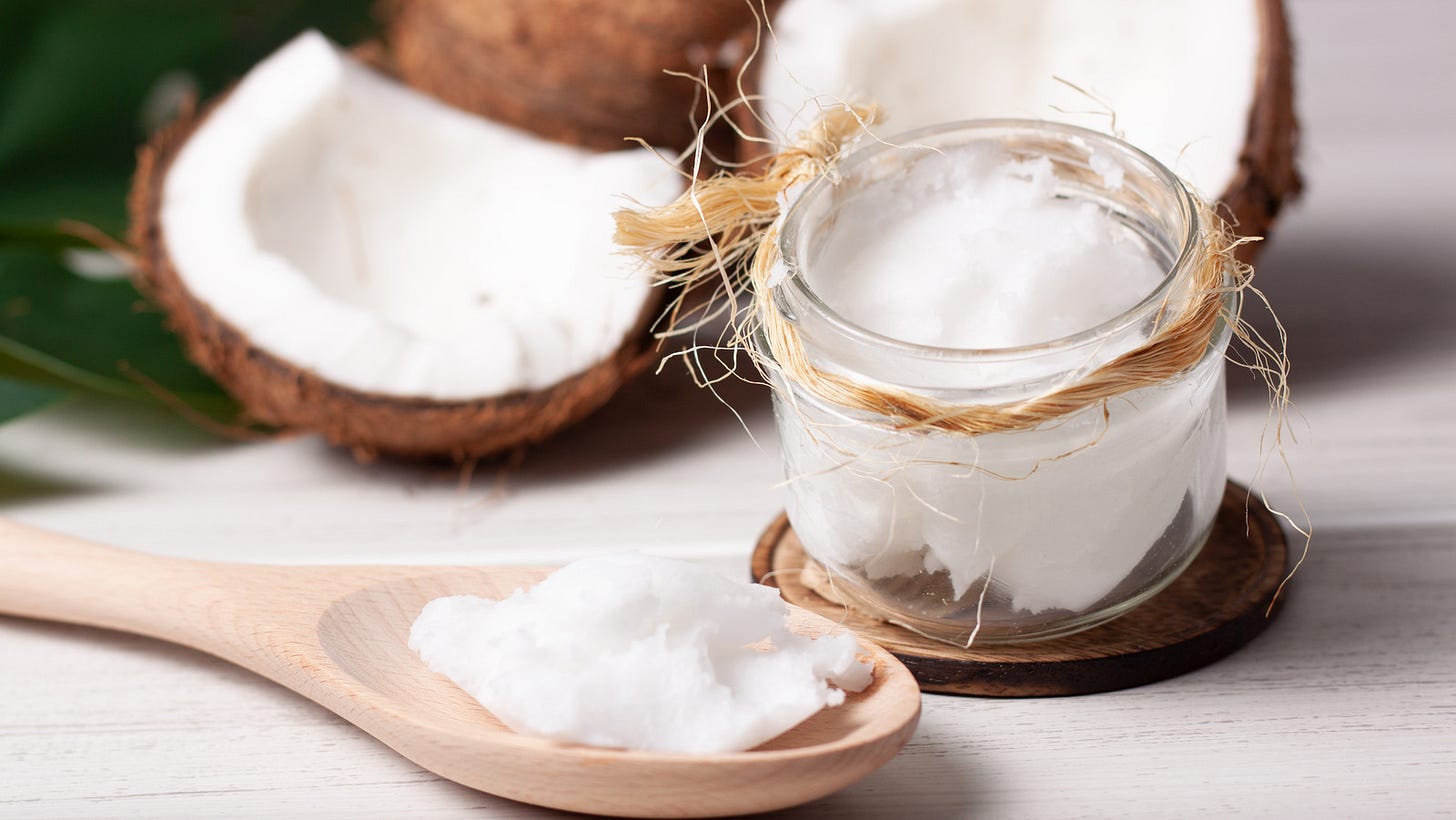

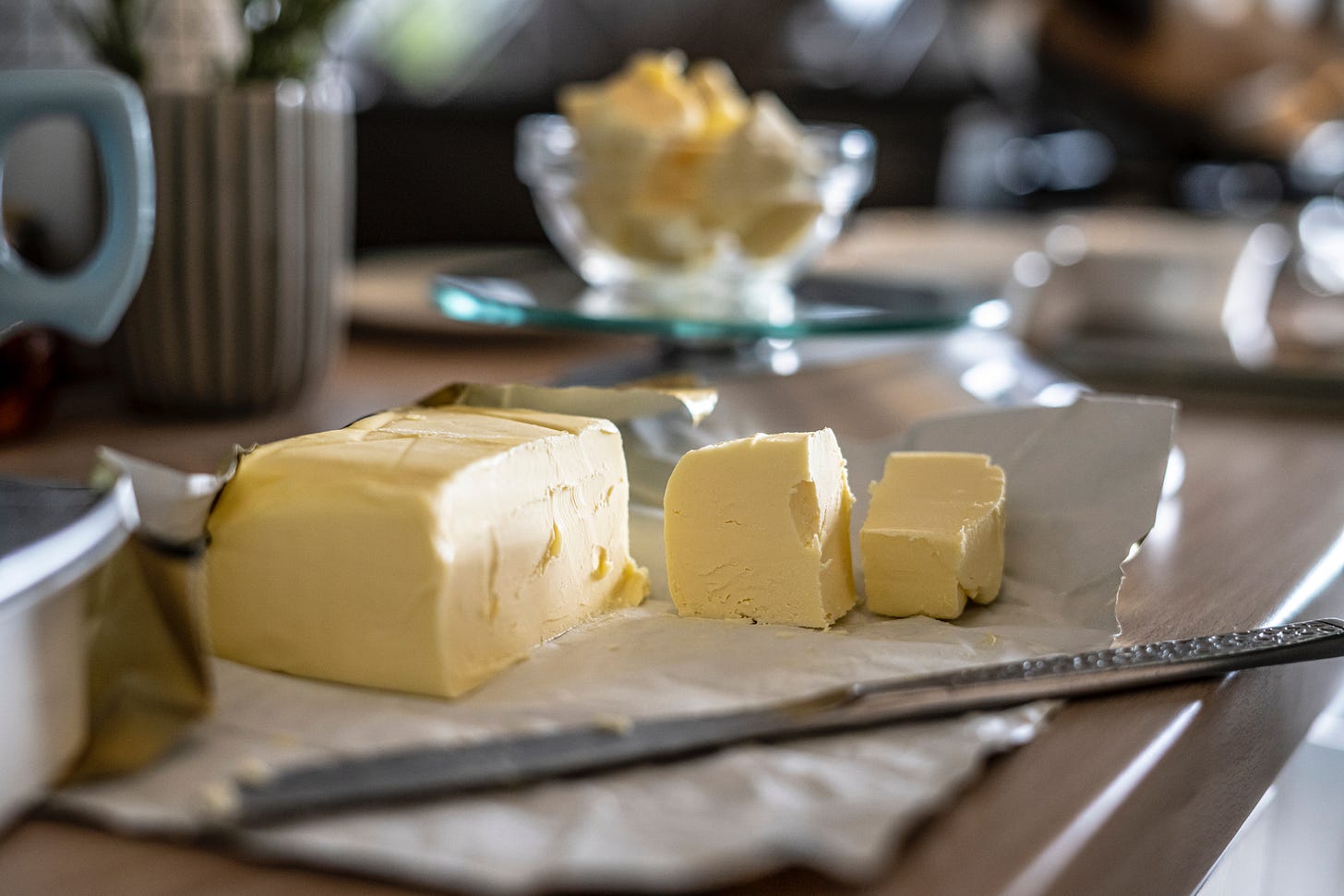
So curious if you've heard about or tried Zero Acre Farms cultured oil yet and if you have, what you think about it!